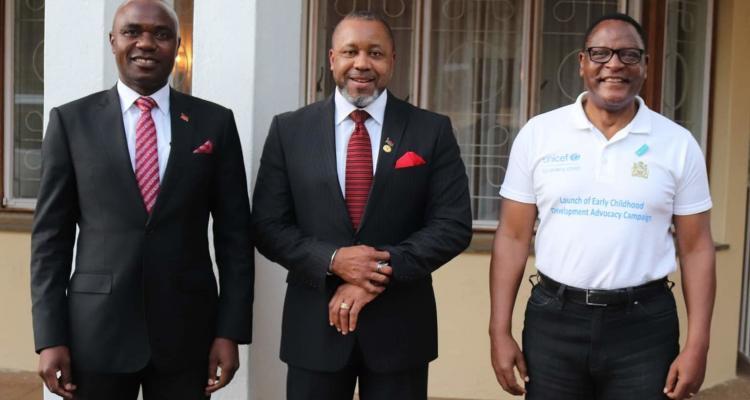
It is quite shocking to witness some of the events unfolding in Malawi and the manner in which they occur. One begins to question whether law enforcement officers have received a proper legal education or not. Moreover, one cannot help but wonder if the officers of the Anti-Corruption Bureau (ACB) feel any sense of shame regarding the decisions they make.
Are we truly combating corruption in this country? I highly doubt that the Anti-Corruption Bureau is genuinely fighting against corruption; rather, it appears they are here to promote and benefit from the same corrupt practices while sparing influential individuals. As a result, ordinary Malawians lack the motivation to report corruption cases since it seems futile and exhausting.
We cannot consider this as the implementation of the rule of law; it is far from it. The Malawi Anti-Corruption Bureau is complicit in the corruption plaguing this country, and their silence speaks volumes. The Director General of the ACB, Martha Chizuma, has remained silent.
The recent revelation by the Anti-Corruption Bureau (ACB) that they have dropped corruption investigations involving State House Chief of Staff Prince Kapondamgaga is disheartening, and it is time we stop wasting our efforts on futile attempts to root out corruption through such interpretations of the law.
How can the ACB simply drop investigations involving State House Chief of Staff Prince Kapondamgaga? This raises suspicions of selective justice. It seems that Prince Kapondamgaga has been deliberately spared due to his connections to the government, particularly President Chakwera. If this is not the case, he should be taken to court to face charges of corruption and be acquitted if found innocent.
The Anti-Corruption Bureau’s claim that they have no issues with Kapondamgaga because he surrendered a Mercedes Benz received from businessperson Zuneth Sattar is absurd and lacks legal justification. The fact remains that Prince Kapondamgaga accepted a bribe in the form of a Mercedes Benz from businessperson Zuneth Sattar, yet he failed to report the incident to any police station or Anti-Corruption Bureau Officer within 48 hours as required by law. The decision to drop the corruption investigations in this case is unlawful.
The surrendered Mercedes Benz, which Kapondamgaga received from businessperson Zuneth Sattar, should serve as crucial evidence for prosecuting the former State House Chief of Staff.
The exercise of prosecutorial discretion not to file criminal charges against Kapondamgaga, based on a review of the evidence against him, his cooperation in broader investigations involving Zuneth Sattar, and the restitution agreement he voluntarily entered into with the Bureau, is a self-defeating measure in the fight against corruption.
On the other hand, the ACB’s choice to drop investigations resembles the role of a court, effectively passing a verdict. It appears as if they are acquitting someone before they even face trial.
The Bureau’s decision to conclude and close the investigations against Kapondamgaga is regrettable. The powers granted to the ACB under Section 10(4) of the Corrupt Practices Act are illogical and fail to make sense, especially when considering that some individuals are serving prison sentences for similar offenses without being spared.
Voluntarily providing a statement to the Bureau should not serve as a loophole for setting criminals free.
Conclusion:
In conclusion, despite the ACB’s decision regarding Kapondamgaga, who is currently suspended, he should not be allowed to return to work. The evidence clearly indicates that he received a bribe from businessman Zuneth Sattar and voluntarily returned it to the ACB. What more evidence do we need?
If President Reverend Lazarus Chakwera lifts his suspension and allows him to resume his duties or assigns him other responsibilities, it would imply that the president himself is corrupt. Once again, he would demonstrate to the nation that he is not truly fighting against corruption but rather protecting his relatives and friends.














